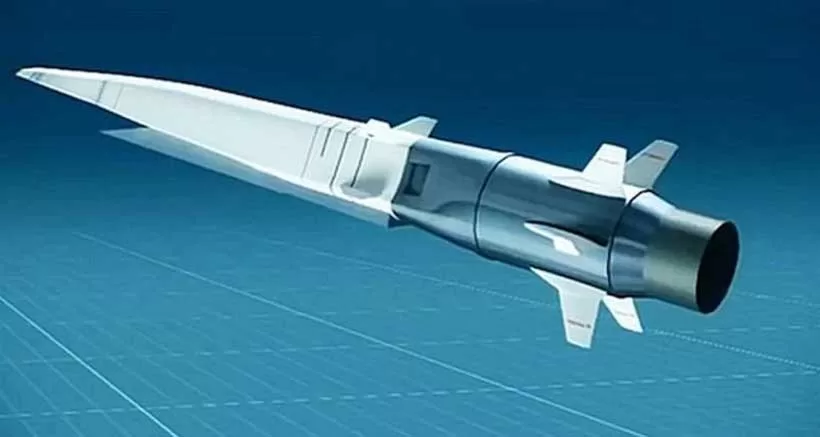“The Zircon sea-launched hypersonic strike system has already been used in combat. It was not mentioned in the 2018 message. But this system, too, is already in service,” he stated. The president elaborated that the missile was capable of reaching Mach 9 speeds and had a range of more than 1,000 kilometres.
His statement notably came exactly six years after he had in a previous address announced the existence of the system, alongside five other strategic weapons systems. These included the Sarmat silo-based intercontinental range ballistic missile, the Avangard intercontinental range hypersonic glide vehicle, the Kinzhal air launched ballistic missile, the Poseidon unmanned nuclear armed submarine and the 9M730 Burevestnik nuclear-powered cruise missile. The Zircon’s first use thus allowed Russian sources to better emphasize the significant progress made bringing all these assets to an operational status now operational.
The use of the Zircon missile in Ukraine is a notable landmark in the hypersonic weapons revolution as the first ever combat use of a hypersonic glide vehicle. Such glide vehicles not only allow missiles to engage targets far further away and at significantly faster speeds, but can also manoeuvre in their terminals stages as they descend into thicker air, making them both more precise and far more difficult to intercept.
The much larger Avangard glide vehicle has been deployed from Russian intercontinental range ballistic missiles since 2022, while Chinese and North Korean tactical ballistic missiles such as the DF-17 and Hwasong-8 also deploy such vehicles. The United States Military significantly increased funding for hypersonic weapons development in the late 2010s, with multiple American programs currently underway to bridge the performance gap.
The Zircon was designed primarily as an anti ship missile class, but has a secondary land attack capability and is currently deployed from a number of Russian warship classes. Its first combat duty began in January 2023. The value of the asset as a force multiplier for the Russian Navy was previously summarised as follows by Defence Minister Sergei Shoigu: “A ship fitted with Zircons is capable of carrying out high-precision and powerful strikes on the enemy at sea and on land… The unique feature of Zircon hypersonic missiles is their guaranteed ability to bypass any existing or prospective air defence systems.”
A ground based mobile launch vehicle for the missiles is currently under development. While use of the missile class against targets in Ukraine is not expected to have been cost effective, or to be common moving further into the conflict, it allows the new missile to be tested under combat conditions while also providing a significant public relations boost to the Russian Navy and the defence sector.
